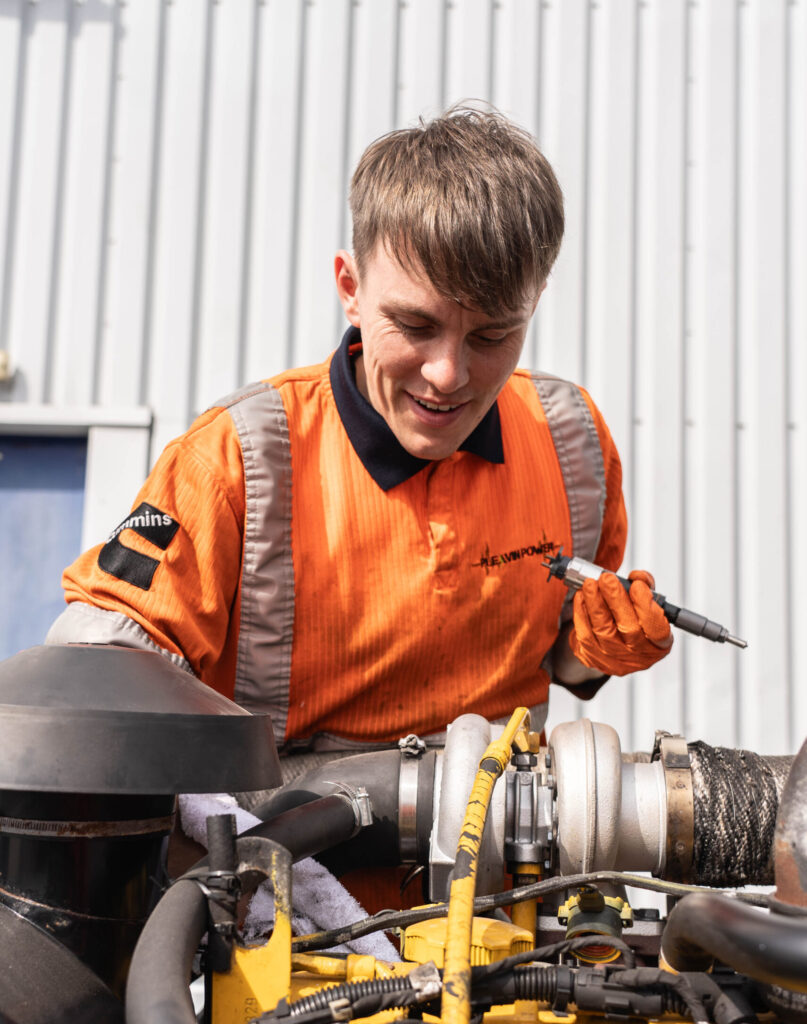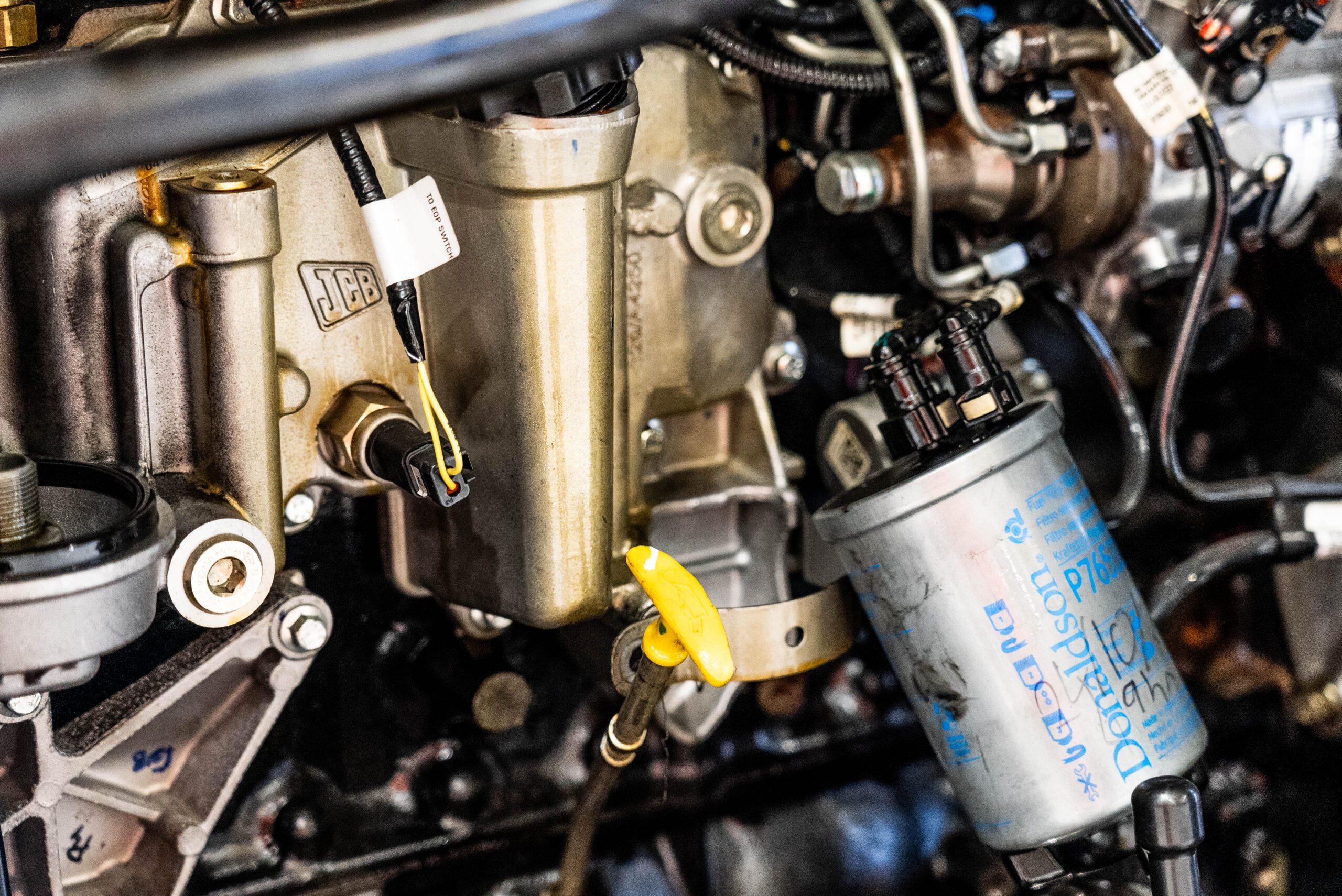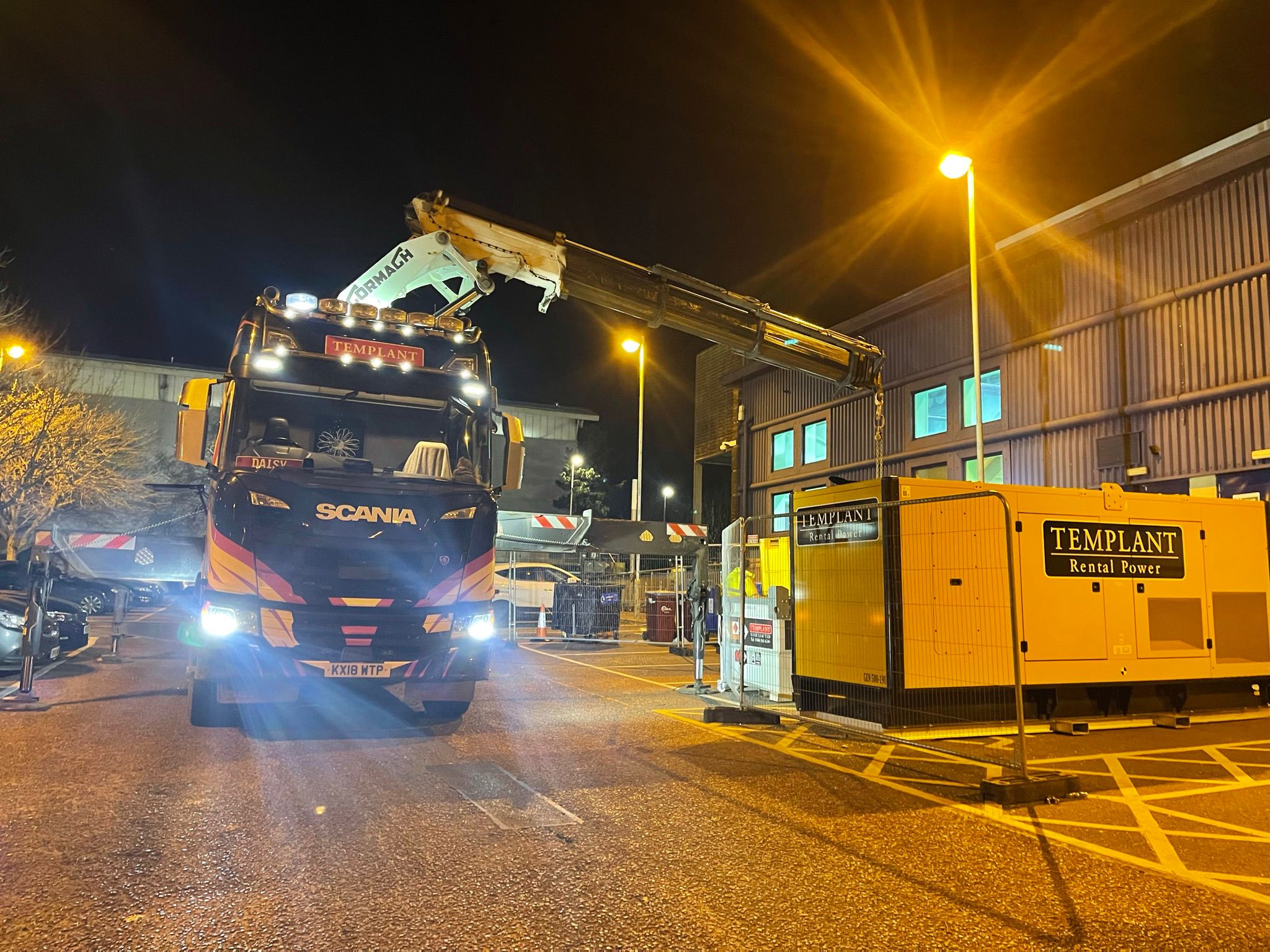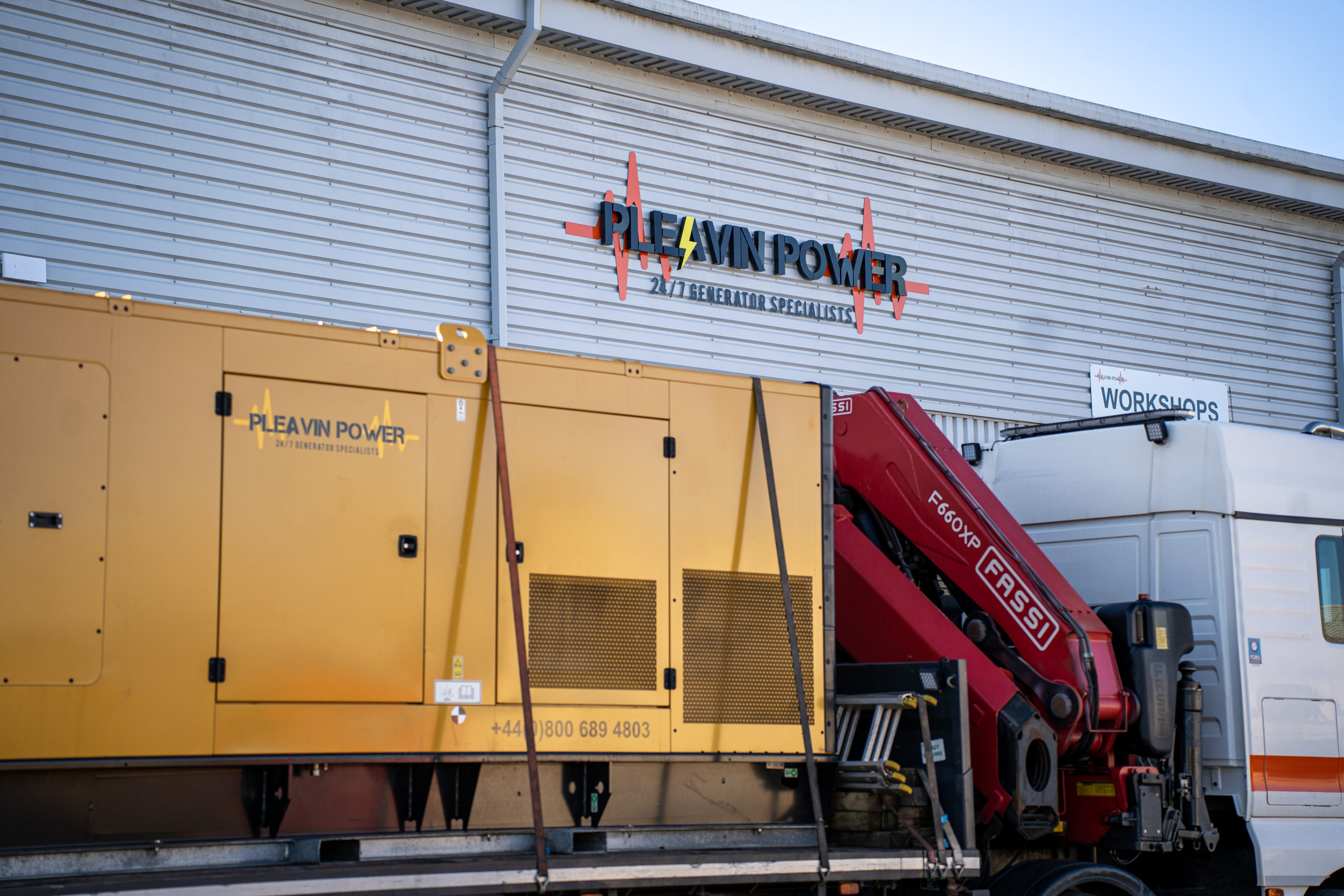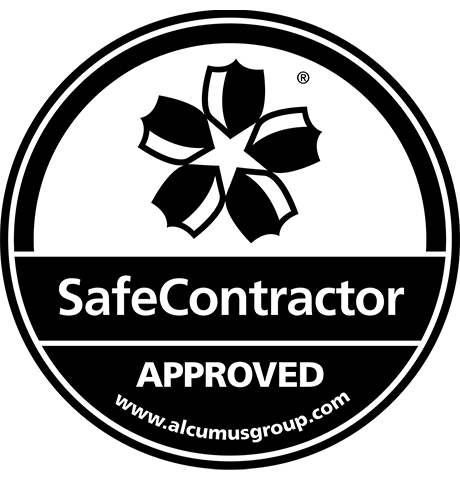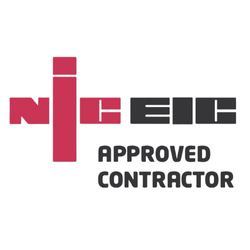One of the most sensible investments that you can make is purchasing a generator, whether it be to power work projects you are doing, help you run appliances during a sudden power outage or more.
While power generators are highly reliable pieces of equipment, like any devices, they are prone to failure – meaning that they will need repairs in order to get back up and running again. The problem is that generators are complex and will often require experience and training to successfully repair them.
We recommend that you don’t attempt to fix your generator if you do not have any training or experience in dealing with generators, as you run the risk of potentially damaging the generator further – or in worse cases, hurting yourself or those around you.
Sometimes, generators can stop working due to a number of reasons – and some being a much simpler fix that you can do by yourself. If you’ve attempted to repair your generator in one of these ways and are still having problems, then you should reach out to a generator repair service that can safely deal with the problem efficiently without any issues.
1. Check Your Fuel Levels
This could be considered the equivalent of being told to turn your computer off and on – but one of the most common reasons that we find that someone’s generator isn’t working is that the generator may not have enough fuel. It is more commonly found if you haven’t used your generator for an extended period – for example, a year at a time.
When checking your fuel levels, you should also check the quality of the fuel as it can potentially degrade when you keep it in storage. If you have checked and you’ve noticed that it has clogged up your generator engine, then it is recommended that you call out for a generator repair.
2. Check Your Oil Levels
New portable generators will come with an automatic oil-checking feature, and if your oil level becomes too low, it will shut down if it recognises that the oil levels are low. If your generator doesn’t have this feature, you should check your oil levels with a dipstick and if you realise it is low then you should add oil to reach the full level.
You should also check when your generator needs an oil change. You can find this by checking the manufacturer’s guidelines which will tell you the frequency of an oil generator. The manufacturer guidelines should give you step-by-step instructions on how you can successfully change your oil levels.
3. Check The Generators Load
A common problem that we run into when people talk about their generator problems is that they are overloading their generator and it can’t produce enough power needed.
Each generator will be designed to handle a certain amount of electrical load. You shouldn’t attempt to exceed this load as it could potentially damage the generator further and it can be dangerous to you and those around you.
Many people are unaware that appliances will need extra power when you are beginning to start them up compared to when they are in operation.
Your power generator may be capable of powering the appliances while they are running, but they are unable to handle the start-up load required which can be up to five times higher.
You can simply solve this problem by removing some appliances that you may not need as much as others. Then you can start to slowly add more as it settles into operating mode.
4. Fuses And Circuit Breakers
If you’ve noticed that your generator is actually running but for some reason, it is not producing any power, it could be suffering from a blown fuse or tripped circuit breaker.
You can solve this by resetting your generator’s breaker and replacing the blown fuses. If you are wondering how this has happened, you can stop this from happening again if you take the time to find out why it has tripped or blown before you decide to start your generator.
5. Test The Generator
After making the necessary repairs, test the generator to ensure that it is functioning correctly. Start the generator and check for any abnormal noises, vibrations, or leaks. You should make sure that it is producing the correct voltage output. If everything looks good, perform a load test by connecting electrical devices to the generator to simulate real-world usage.
What If My Generator Isn’t Producing Any Power?
If there isn’t a problem with fuses or circuit breakers and your generator is still running but unable to produce any power, there is a high chance that there are certain problems with the generator’s internal setting.
This could also suggest that your motor is damaged. If you want to check this then you should have on hand a voltmeter and ammeter.
You can find the correct readings from your generator by checking the user guide that you got from your power generator when you purchased it. When reading, you should discover whether the meters are giving a correct reading.
If that doesn’t fix it then it is a high possibility that there is a problem with the internal settings of your generator and this requires expert eyes and hands to fix.
How To Prevent Generator Repairs
One of the best ways you can prevent any generator repairs is by investing in generator maintenance services. By doing this, you can take the precautions necessary to keep your generator in its best condition, meaning that you get your full money’s worth over time as generators are usually a sizable investment.
It is crucial that you are completing a proper servicing of your generator, even if you do not use it frequently as keeping it in the best condition over time when you’re not using it will mean that you won’t run into any problems when you need your generator the most.
If your generator still isn’t working after trying one of the ways above, we highly recommend that you reach out to generator repair experts such as the team here at Pleavin Power.
At Pleavin Power, we offer individuals and businesses a cost-effective high-quality generator repair service. You shouldn’t attempt to repair your generator without the necessary experience and training as you don’t want to risk further damaging your generator.

